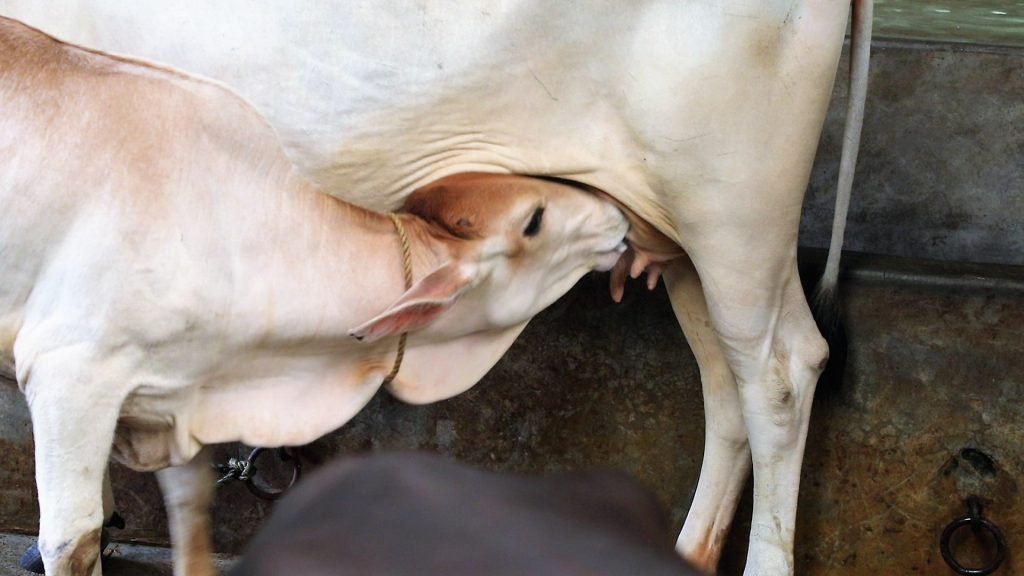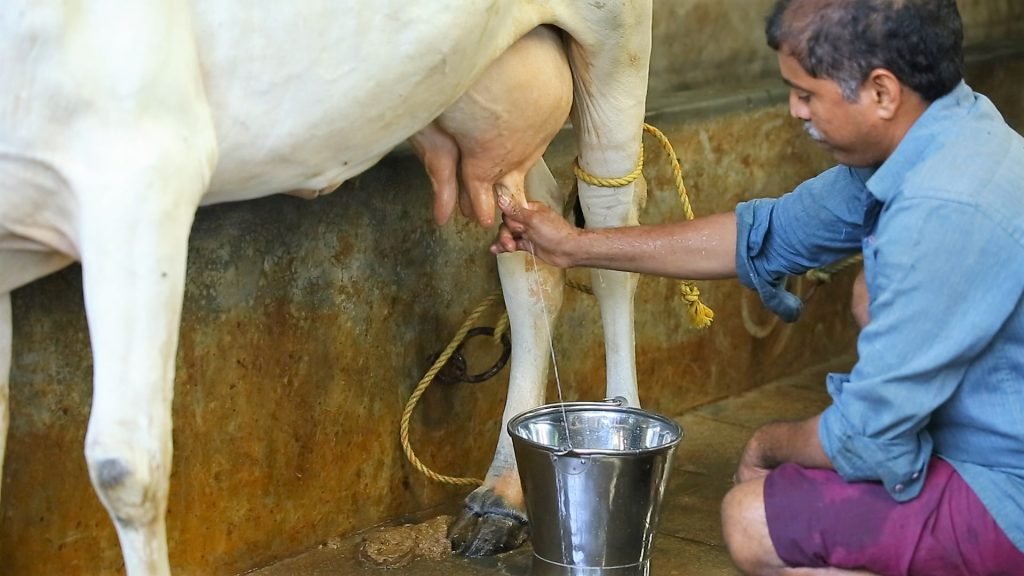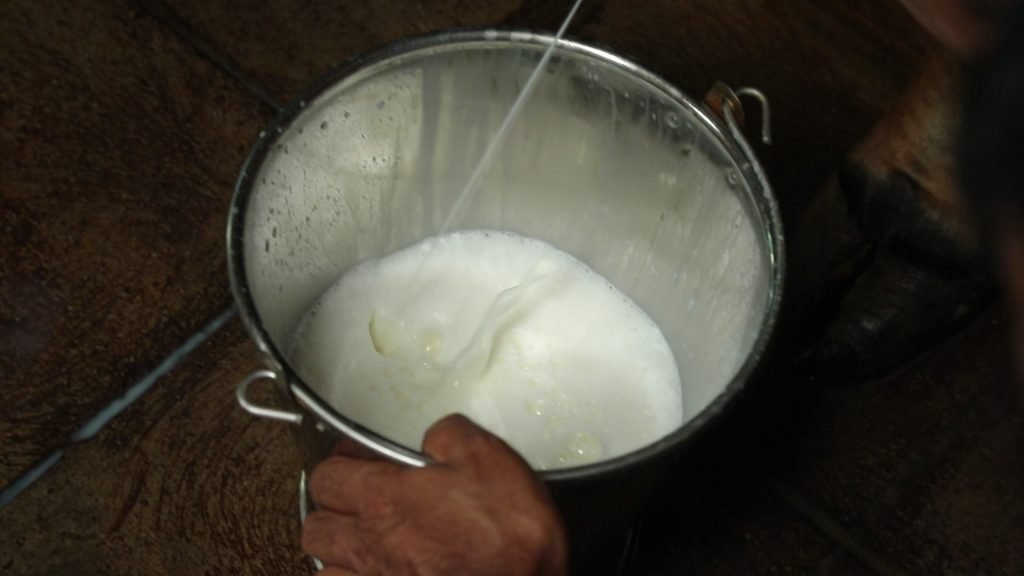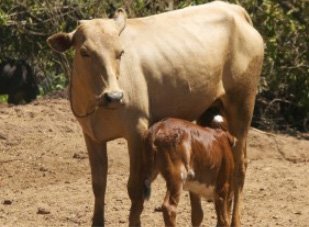Milk Nutrition



Milk and Nutrition
Milk nutrition is part of human civilization globally. Nutrition is a basic requirement for good health and acts as a deciding factor in the growth of children. Cow ’s milk ( please read as – Indian cow’s milk) is used as nutritious food from centuries. The presence of proteins, vitamins, and minerals, besides the sugar and fat, makes milk a complete food as it can provide energy as well as other basic nutritional components for various body functions promoting growth process and maintenance of good health. Milk is considered the primary source of proteins and calcium in the diet of vegetarians. Recent knowledge gained on the nutritional potential of milk has confirmed the presence of omega 3 fatty acids in the milk of cows fed with green fodder. These fatty acids are the source of so-called ‘good fat’, in the human body which is essential for cellular functions and known to play important role in sustaining cognitive abilities. The ideal blend of Omega 3 and Omega 6 fatty acids maintained in the milk of cows fed with green fodder has elevated cow’s milk into the status of a premium food supplement.
Apart from unsaturated fatty acids, cow’s milk contains several important nutritional factors like Calcium, Phosphorus, vitamin D, vitamin K and many other proteins and enzymes which are involved in coordination of several body systems like the bones, muscles, blood vessels, digestive organs, endocrine glands, etc. Compensation of the bone degeneration during the aging process is an important process facilitated by the nutrients in the milk and hence regular intake of milk is recommended as a preventive measure against osteoporosis. Therefore, milk nutrition should be made part of the diet across all age groups including the elderly, to promote growth among children and preserving fitness of the body and cognitive abilities among the middle-aged and the elderly population.
Milk Composition vs Milk Nutrition
The composition of milk and its nutritional value may differ according to the cow breed, types of food it eats and the season. A1 and A2 are the two types of milk produced by the cows. They differ in the forms of a protein called β casein (the major milk protein) present in the milk. This protein exists in two different forms called β1 and β2. The type of milk containing β1 casein is called A1 type of milk and that with β2 casein called as the A2 type of milk. The β Casein is formed of 209 amino acid subunits, and the 67th amino acid is different in the two forms, β1 casein containing amino called histidine and the β2 form of casein containing the amino acid Proline.
The Amino Acid Proline, in β2 form of casein, makes A2 milk a boon to human health. The A2 milk helps in preventing diabetes and food allergy towards milk and milk products. During the digestion of milk, β1 casein (present in the A1 type of milk) yields an intermediate small protein called β casomorphin – 7 (BCM 7). This molecule affects digestion process and impairs the normal functioning of several internal organs including the brainstem. Association of BCM-7 protein with various disorders like diabetes, irritable bowel syndrome, cardiovascular diseases, neuromotor disorders, autism, etc. have been reported by many researchers, indicating the health risks posed by this protein. However, more confirmatory shreds of evidence of these outcomes involving large population and different regions of the world need to be done before arriving at a conclusion on this issue. But, according to the current status of knowledge on this, it is better to avoid A1 milk and include A2 milk as one of the mandatory items in the dietary intake for sustaining good health. Milk nutrition is the best supplement for children and needs to be promoted.
Help Us Now

Donate to Surabhivana Gaushala to save and protect Indian Cow Breeds.
All donations are exempt under Section 80G of the Income Tax Act, 1961. All donation receipts shall be mailed to the address given by the donor or may be collected in person, at request.
Click the below button to donate through credit cards/debit cards or Net Banking via Razor Pay.
